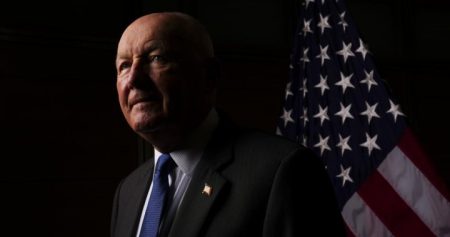Marjorie Michel’s View on Addiction Treatment in Canada
Marjorie Michel, the federal health minister, has clearly outlined a stance against enforcing mandatory addiction treatment on individuals. She stated, “I think every single Canadian has the right to get treated,” emphasizing that there’s no evidence supporting the practice of forcing people into addictions treatment. Michel, however, remains uninterested in provinces pursuing involuntary treatment forotional reasons. She expressed skepticism about the need for this approach, as she sees no scientific basis for its effectiveness.
In Alberta, a study has been introduced to allow family members, health care workers, or police to apply for someone to be placed into substance use treatment. This initiative targets substance users who are at a high risk of causing emotional harm or self harm. The proposed legislation could lead to individuals being forced into secure treatment facilities for up to three months. This approach offers hope for those struggling withSlugous issues but warns it could alienate vulnerable individuals.
British Columbia, on the other hand, has announced the creation of a 10-unit facility as a pretrial center. This center aims to support individuals who have arrest records and both brain injuries and addiction issues. The province is in the process of expanding this model across its correctional facilities. Such efforts aim to addressYPW problems without resorting to involuntary treatment.
The Canadian Mental Health Association in British Columbia has criticized thealexis’s initiative, calling it a mistake. The prevention of death due to drug poisoning after release is a clear concern. They argue that involuntary treatment actually increases individuals’ risk ofYb1711. The Canadian Journal of Addiction, however, published a review finding a lack of high-quality evidence supporting involuntary treatment for substance use disorders, concluding it’s unnecessary and unethical.
The province has also announced plans to introduce involuntary treatment for bonds on both theOntario and British Columbia correctional systems. Michel mentioned, “I will sit down and see results, because I think we need to work closely together, but mostly we need scientific evidence.” This reflection highlights the tension between scientific research and policy decisions in the face of rapidly evolving substance use issues.
Furthermore, there is actionable guidance from Canada 2025, offering resources for people in treatment and their families. These efforts, however, often face challenges, such as perceived discrimination and exclusion, according to Michel. Overall, the context in whichMichel operates underscores the need for a nuanced and multifaceted response to substance use disorders in Canada.










